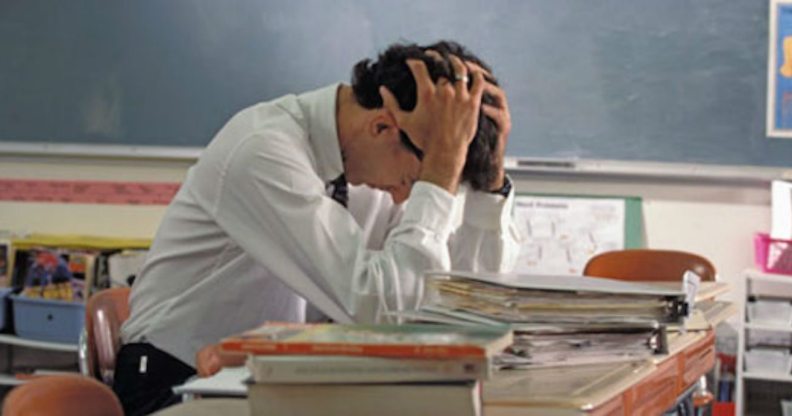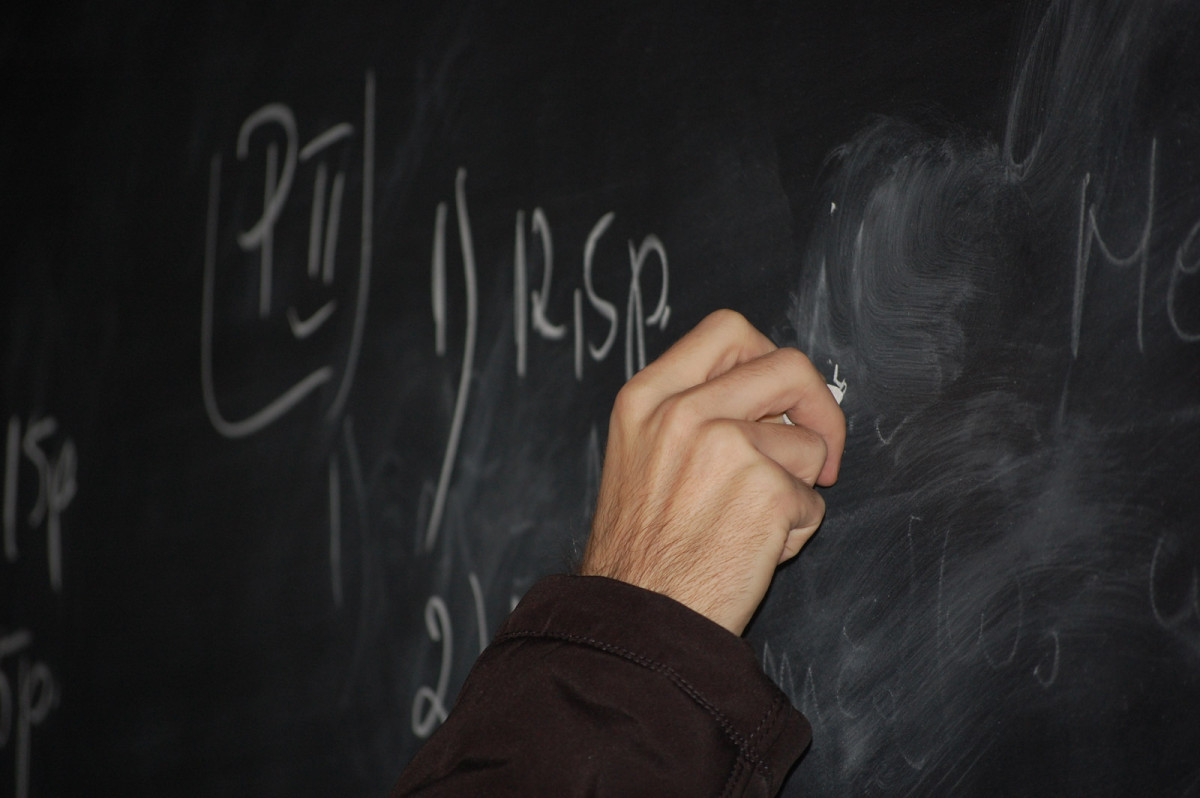Two in five LGBT teachers ‘have been bullied and harassed because of their identity’

Two in five schoolteachers who identify as LGBT have experienced bullying and harassment because of their identity.
That’s the shocking finding of a new survey carried out by the Centre for LGBTQ+ Inclusion in Education, based at Leeds Beckett University, filled out by 650 LGBT teachers and 250 school leaders.
The survey reveals that 30% of LGBT teachers said their experiences had a negative impact on their mental health, while 40% did not think that their school promoted a culture of LGBT inclusion, reports the Tes.
40% of respondents also said they did not feel able to be open about their identity as an LGBT person in school.

(Creative Commons)
Professor Johnathan Glazzard, who carried out the survey, told the Tes: “I think what concerns me is that we know that being a school leader and a teacher is very stressful anyway, and there are a whole range of issues that can result in mental health issues: workload, lack of work-life balance, and also the challenges of leadership anyway, but then this is another layer on top of that.”
The professor, who mainly researches on mental health issues in schools, added that “you don’t expect these issues to still be evident within current society.”
One LGBT schoolteacher, who preferred to be kept anonymous, told the magazine that her experiences had led her to multiple suicide attempts.
As well as being harassed by pupils in the school corridor, the teacher said that she had been physically assaulted for being LGBT.
She said: “I had a door slammed on my hand at one point, and then I had school children in a McDonald’s running up behind me and punching me in back of the head so I fell unconscious on the counter of McDonald’s.”
However, she has experienced a positive change after moving to a supportive academy in the Midlands, and now runs an LGBT+ group for pupils in years 7 – 11.

(Creative Commons)
The Prime Minister Theresa May vowed earlier this year to stamp out homophobic and transphobic bullying in schools.
She said: “Everyone has a right to feel safe and happy at school but when you are coming to terms with your sexuality the classroom, the playground and the common room can sometimes be intimidating places.
“Having visible role models who have been there before and know how it feels, can help give a young person the confidence to embrace who they are and they can encourage everyone in school to be positive and accepting.”
Her comments, in a Facebook video, came thirty years after the introduction of Section 28 by Margaret Thatcher’s Conservative government, which forbade the discussion of LGBT issues in schools.
The legislation was finally repealed in 2003.

